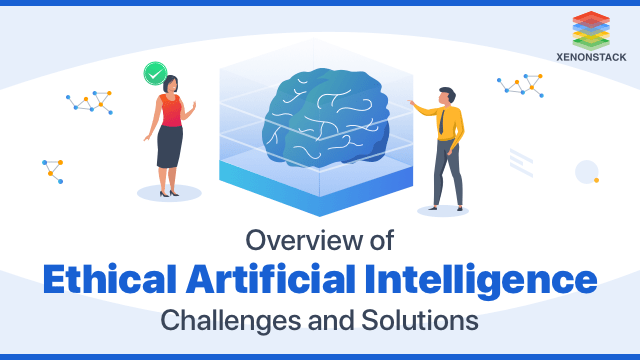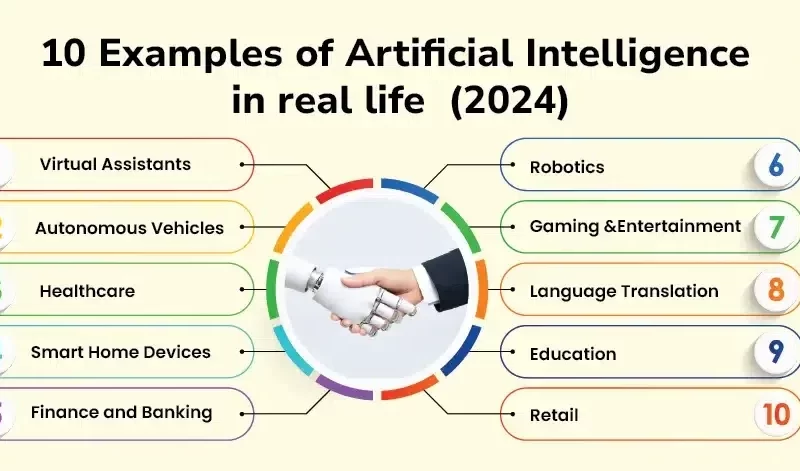In today’s digital age, artificial intelligence (AI) has become an integral part of our daily lives. From virtual assistants like Siri and Alexa to self-driving cars and personalized recommendations on streaming platforms, AI is changing the way we interact with technology. However, as AI continues to advance and become more sophisticated, ethical concerns have been raised about its impact on society. In this article, we will explore the challenges and solutions surrounding the ethics of AI.
Challenges of AI Ethics
1. Bias in AI Algorithms
One of the biggest challenges in the ethics of AI is the issue of bias in algorithms. AI systems are only as good as the data they are trained on, and if that data is biased, it can lead to discriminatory outcomes. For example, in a study conducted by MIT, it was found that facial recognition software exhibited a gender and racial bias, with higher error rates for women and people of color. This highlights the importance of ensuring that AI algorithms are trained on diverse and unbiased data to prevent harmful consequences.
2. Lack of Transparency
Another challenge in the ethics of AI is the lack of transparency in how AI systems make decisions. AI algorithms can be complex and difficult to understand, making it challenging to hold them accountable for their actions. This lack of transparency can lead to distrust in AI systems and raise questions about who is responsible for the outcomes they produce.
Solutions to AI Ethics Challenges
1. Fairness and Accountability
One solution to the challenges of bias in AI algorithms is to prioritize fairness and accountability in the development and deployment of AI systems. This includes implementing mechanisms to detect and mitigate bias in algorithms, as well as holding developers and organizations accountable for the outcomes of their AI systems.
2. Ethical Guidelines and Regulations
Another solution is to establish ethical guidelines and regulations for the design and use of AI technologies. By setting clear ethical standards and holding organizations accountable for upholding them, we can ensure that AI systems are developed and deployed in a responsible and ethical manner.
Conclusion
As AI continues to play a larger role in our society, it is essential that we address the ethical challenges it poses. By prioritizing fairness, transparency, and accountability in the development and deployment of AI systems, we can ensure that AI technology benefits society as a whole. With the right approach and a commitment to ethical principles, we can harness the power of AI for good and minimize the risks it poses to society.
Let us strive to build a future where AI is used ethically and responsibly, advancing technology while upholding the values of fairness and justice.


